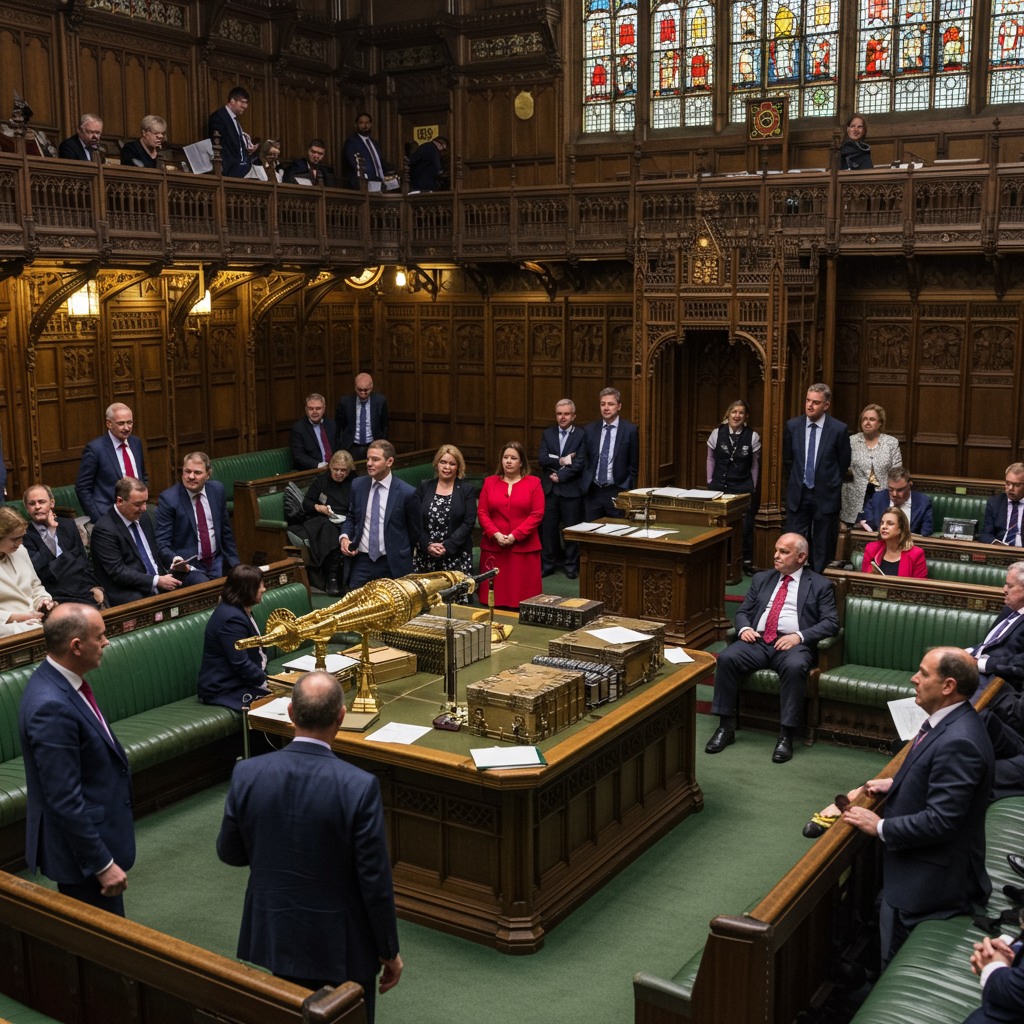Landmark Vote: UK MPs Decriminalize Women Ending Pregnancies
In a significant shift for abortion law in England and Wales, British lawmakers have voted to remove the threat of criminal prosecution for women who end their own pregnancies. The decision, described as the biggest change in decades, passed in the House of Commons with a substantial majority: 379 votes in favor to 137 against.
The vote approves an amendment to a broader criminal justice bill, specifically designed to prevent women from being charged under outdated laws.
Why the Law Change? Addressing Harsh Prosecutions
The push for this change was driven by growing concerns over the harsh application of existing laws. Proponents argued that the antiquated legal framework was being used to cruelly prosecute vulnerable women, sometimes in tragic circumstances unrelated to illegal abortions.
Investigations into suspected illegal abortions have reportedly targeted over 100 women in England and Wales over the past five years. Alarmingly, these investigations have sometimes included women who had suffered natural miscarriages or stillbirths, highlighting the potential for the old law to lead to deeply distressing outcomes and miscarriages of justice.
Labour Member of Parliament Tonia Antoniazzi, who introduced one of the key amendments, emphasized the need to remove these women from the criminal justice system. She argued that such prosecutions served no public interest and amounted to unnecessary “cruelty.”
Understanding UK Abortion Law
Under current law, doctors can legally perform abortions in England, Scotland, and Wales up to 24 weeks of pregnancy. Terminations are permitted beyond 24 weeks only under specific circumstances, such as when the mother’s life is at risk or there is a severe fetal abnormality. Northern Ireland already decriminalized abortion in 2019.
A recent change introduced during the COVID-19 pandemic allowed women to receive abortion pills by mail, enabling them to self-manage abortions at home, typically in the early stages (up to 10 weeks). However, this change also brought to light a few publicized cases where women faced prosecution under the old law for obtaining and using these pills later in pregnancy or after the 24-week limit, underscoring the legal risks women faced if they ended a pregnancy outside the specific, narrow parameters defined by the old statutes.
The amendment passed specifically focuses on decriminalizing the woman’s act of ending her pregnancy, removing her from the scope of criminal prosecution under the outdated law. A separate amendment that would have gone further, potentially barring prosecution of medical professionals and others assisting women, was also considered but the decisive vote was on the measure protecting women themselves.
Opposition Concerns
Opponents of the decriminalization measure voiced strong objections during the debate. Groups like the Society for the Protection of Unborn Children argued that the change would effectively lead to “abortion on demand at any stage of pregnancy.” They contended that the amendment would strip away any remaining legal protection for “unborn babies” and could potentially leave women more vulnerable.
Despite these objections, the passage of the amendment marks a significant shift in legal policy, moving away from the criminalization of women in England and Wales for ending their pregnancies.



